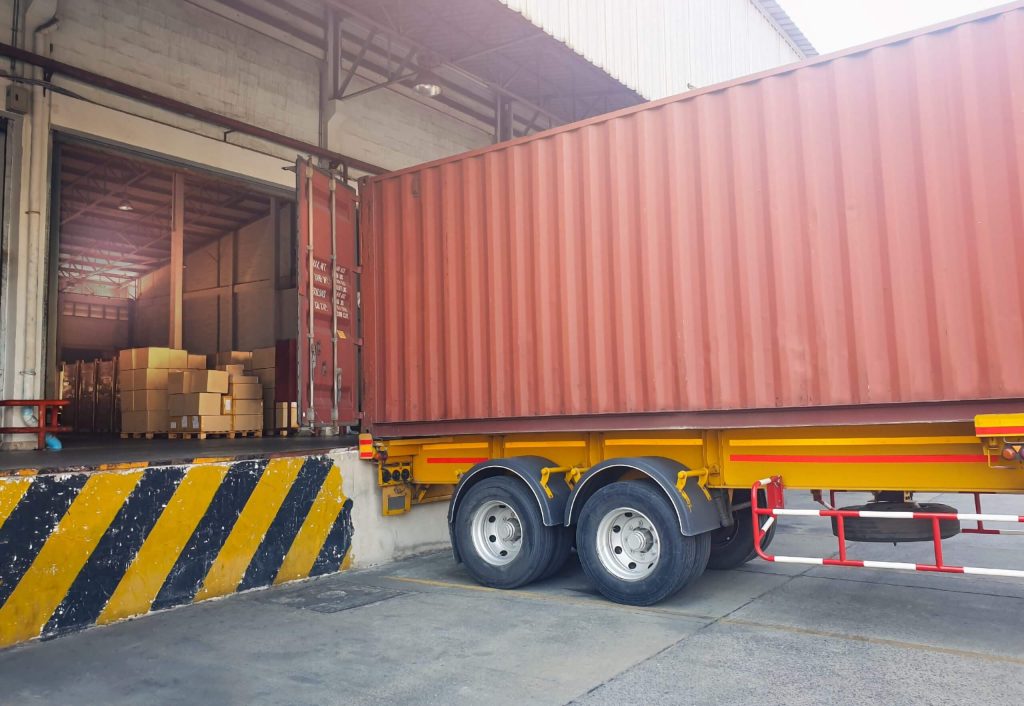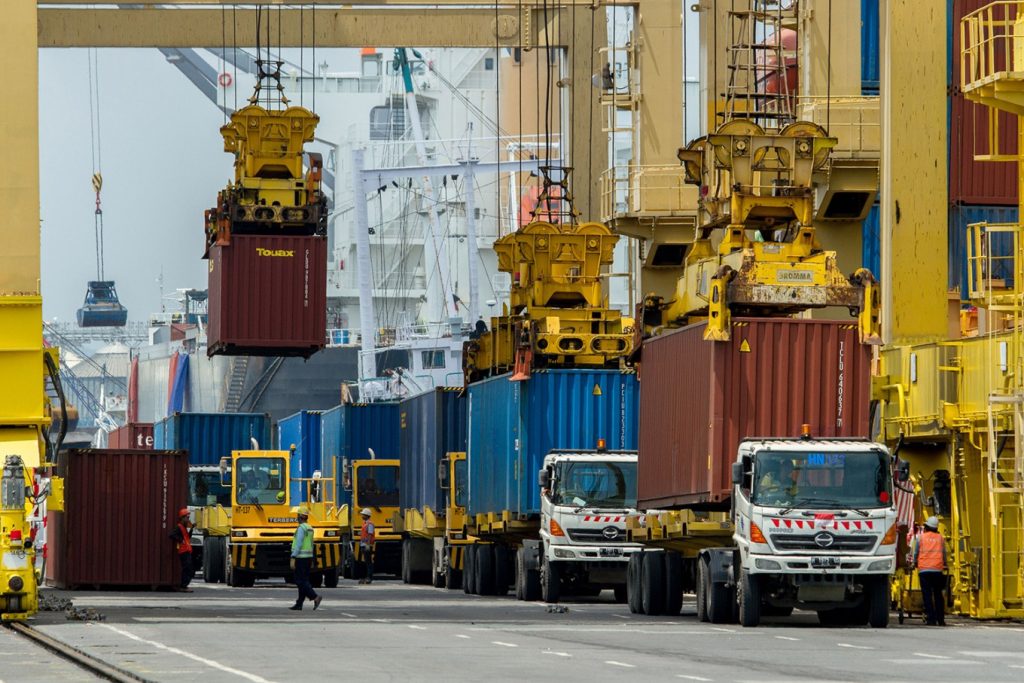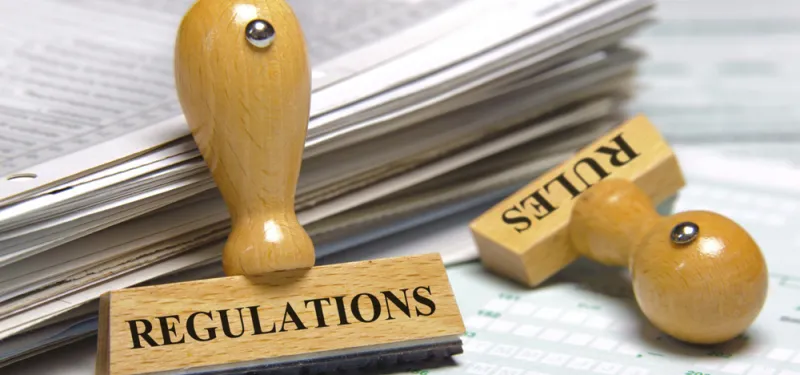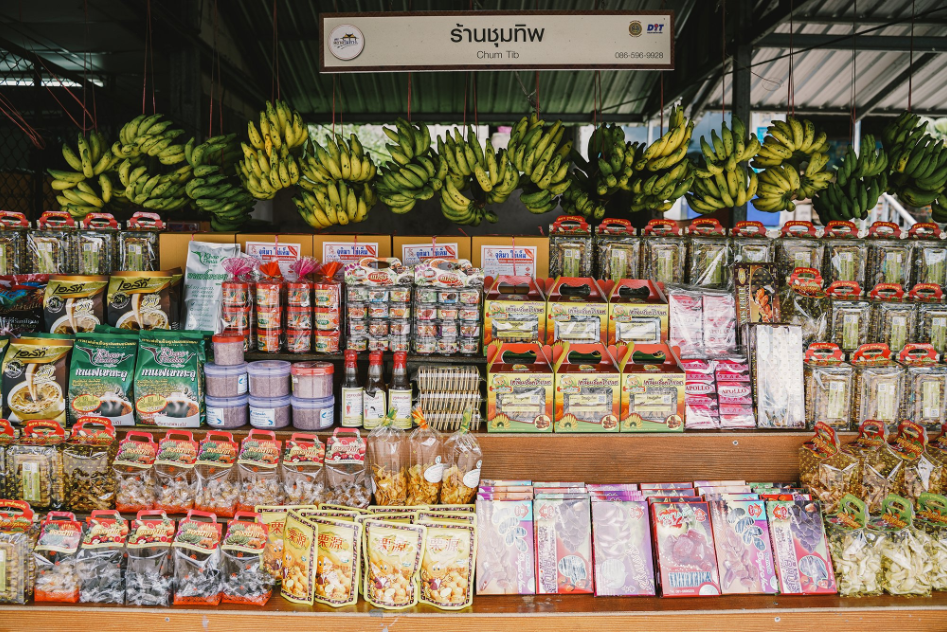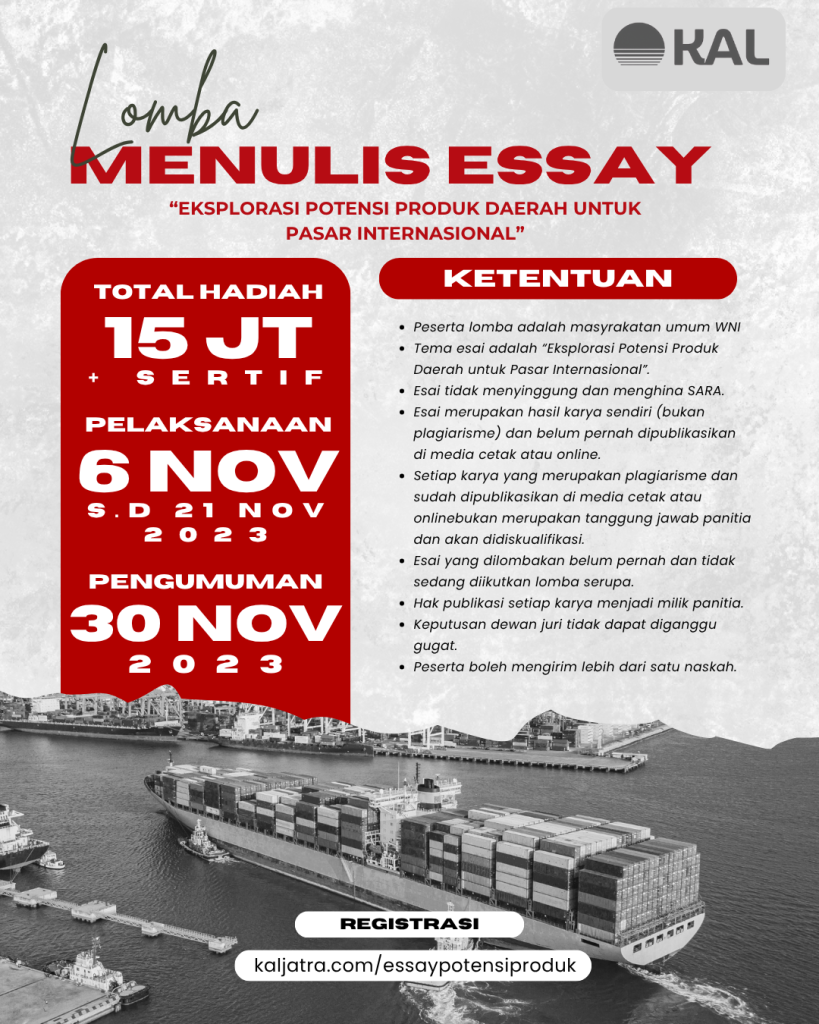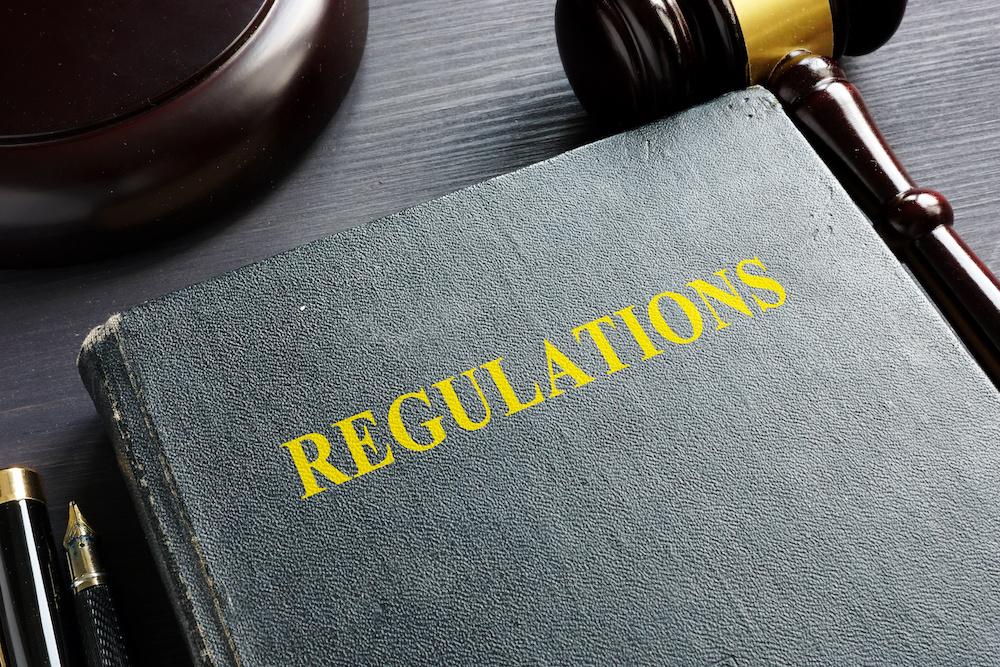
You’ve got a product people love. You find a buyer overseas. Everything seems perfect—until new export regulations hit and suddenly your shipment is delayed, extra paperwork is required, or worse, your goods are banned from entry.
This isn’t just hypothetical—it’s something local exporters deal with regularly. Export laws can change fast due to politics, safety concerns, or economic shifts. For small businesses, staying ahead of these regulatory hurdles can mean the difference between growth and getting stuck at the border.
Why Export Laws Keep Changing
Export laws evolve for several reasons:
- Trade tensions between countries
- Sanctions placed on certain nations, industries, or materials
- Safety or environmental standards getting stricter
- Economic protection policies to support local industries
For example, a country may suddenly ban plastic-based packaging, affecting how you ship your food product. Or, a new regulation might require origin verification paperwork that your supplier never had to provide before.
Real Impact on Local Products
Let’s say you’re exporting handmade wooden crafts. Then, your destination country tightens rules on sustainably sourced timber. Suddenly, you need certifications and extra inspections.
Or you’re in the food industry, and a new labelling requirement appears—if your product lacks that, it can’t be sold there, even if it’s already in transit.
These changes:
- Increase costs
- Delay shipments
- Require fast legal adaptation
- May even force a shift in materials or partners
What Can Exporters Do About It?
1. Stay Updated with Trade Bulletins
Follow government export websites, trade forums, or join local export associations that share updates on new regulations.
2. Build Flexibility into Your Supply Chain
Work with suppliers who can provide alternative packaging, raw materials, or documentation if a rule changes.
3. Consult Legal or Trade Experts
Especially when entering new markets—get advice before you ship. It’s cheaper than fixing mistakes later.
4. Keep Records and Certifications Ready
Documentation like certificates of origin, compliance tests, or sustainability labels can smooth out unexpected regulatory checks.
5. Diversify Export Markets
Don’t rely too much on one country. If regulations change in one market, you can pivot to another.
Conclusion
Export laws will always change—it’s a natural part of global trade. But local businesses that stay informed, adaptable, and proactive can still thrive despite the red tape. The key isn’t to avoid regulations—it’s to build systems that keep you ready for them.

